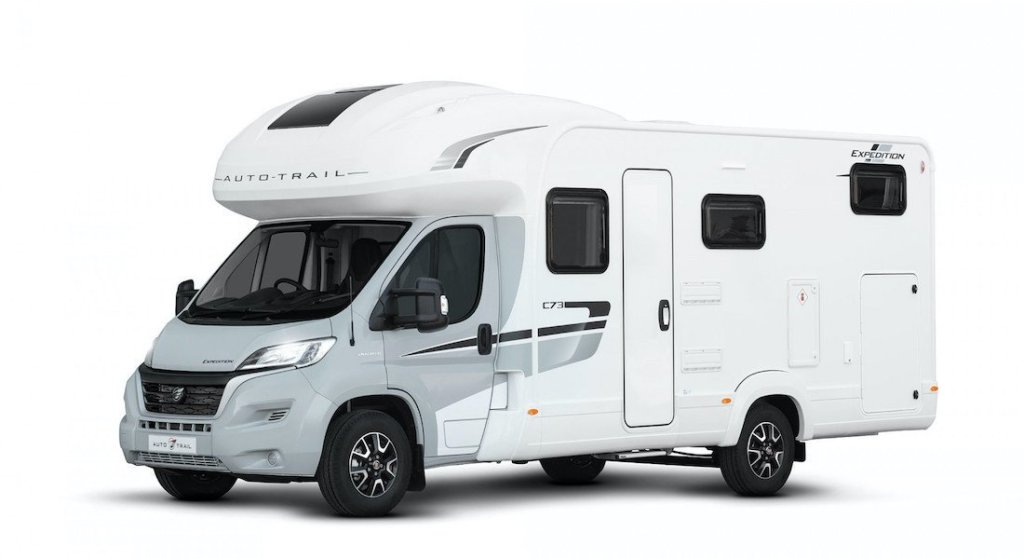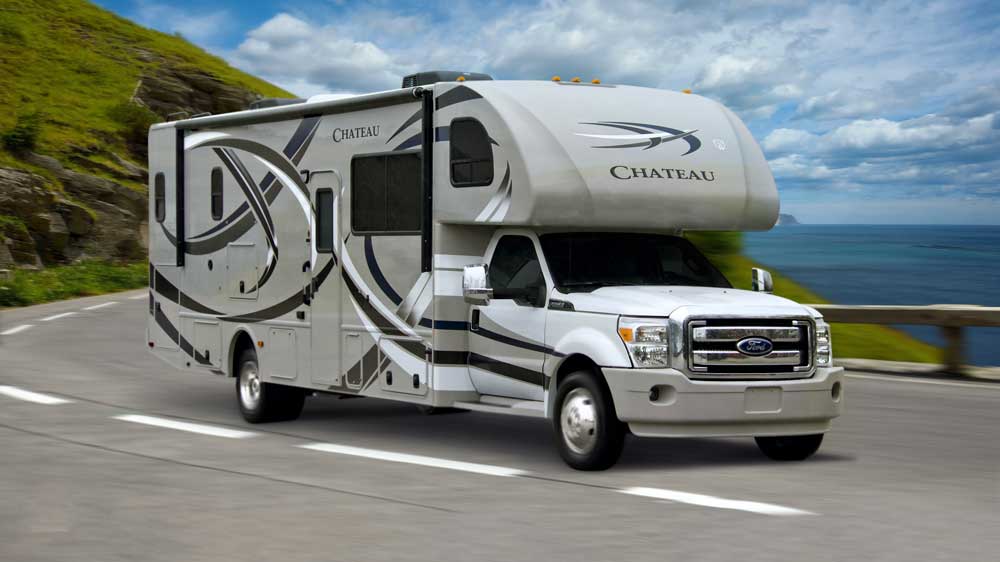Selecting the best RV battery is a critical decision for RV enthusiasts seeking reliable power for off-grid camping, road trips, or full-time RV living. A lithium RV battery, particularly a lithium iron phosphate (LiFePO4) battery, has become the preferred choice due to its efficiency, longevity, and lightweight design. Unlike traditional lead-acid or AGM batteries, the best battery for RV applications offers superior performance for deep cycle needs, powering everything from refrigerators to air conditioners. This comprehensive guide analyzes key factors to consider when choosing a lithium RV battery, including capacity, voltage, lifespan, safety, and cost. By drawing on insights from industry leaders and real-world RV use cases, this article will help you find the best RV battery for your adventures.

Why Choose a Lithium RV Battery?
A lithium RV battery offers significant advantages over traditional lead-acid or AGM batteries, making it the best battery for RV camping. Based on insights from Redodo Power, DC Direct, RELiON Battery, and Manly Battery, here’s why lithium stands out:
- Lightweight Design: A 100Ah lithium RV battery weighs 25-30 pounds, compared to 60-80 pounds for a lead-acid or AGM battery, reducing RV weight and improving fuel efficiency.
- High Depth of Discharge (DoD): Lithium batteries support 90-100% DoD, providing nearly full capacity (90-100Ah for a 100Ah battery), while lead-acid and AGM are limited to 50% (50Ah), doubling usable power.
- Extended Lifespan: A best RV battery like LiFePO4 lasts 2,000-5,000 cycles (10-15 years), compared to 500-800 cycles for lead-acid or AGM.
- Fast Charging: Lithium batteries charge 4-6 times faster, ideal for solar-powered RVs with limited charging time.
- Safety and Maintenance: Equipped with a Battery Management System (BMS), a lithium RV battery prevents overcharging, overheating, and short circuits, requiring no maintenance.
- Efficiency: With 95-98% charge/discharge efficiency, lithium minimizes energy loss, maximizing solar system performance (Manly Battery).
These benefits make a lithium RV battery the best battery for RV use, especially for deep cycle applications like powering appliances during off-grid camping.
Key Factors to Consider When Choosing the Best RV Battery
Selecting the best RV battery involves evaluating several technical and practical factors to match your RV’s power needs. Below are the critical considerations, informed by the analyzed articles.
1. Battery Capacity (Ah)
Capacity, measured in ampere-hours (Ah), determines how much power a lithium RV battery can store. Common options include:
- 100Ah: Suitable for small to medium RVs with moderate power needs (e.g., lights, fridge, fans). Provides 1,200Wh (100Ah × 12V) at 100% DoD (Redodo Power).
- 200Ah: Ideal for larger RVs with high-power appliances (e.g., air conditioners, microwaves), offering 2,400Wh.
- Multiple Batteries: For full-time RV living, parallel configurations (e.g., two 100Ah batteries) increase capacity while maintaining voltage.
Tip: Calculate your daily power consumption (in watt-hours) to choose the right capacity. For example, a 50W fridge (4.2A at 12V) running 24 hours consumes 1,200Wh, requiring at least a 100Ah lithium RV battery.
2. Voltage Compatibility
Most RV systems operate at 12V, making a 12V lithium RV battery the standard choice. However, larger RVs may use 24V or 48V systems for efficiency with high-power loads. Ensure the battery voltage matches your RV’s electrical system or inverter to avoid compatibility issues (Manly Battery).
3. Battery Management System (BMS)
A robust BMS is essential for a best RV battery. It regulates charging, discharging, and temperature, ensuring safety and longevity. Look for a BMS with:
- Overcharge/over-discharge protection
- Short-circuit prevention
- Temperature monitoring (especially for cold-weather camping)
- High continuous discharge current (e.g., 100A for 100Ah) for appliances like inverters (Redodo Power, RELiON Battery).
4. Lifespan and Cycle Life
The best battery for RV use should offer a long lifespan. A 100Ah lithium RV battery (LiFePO4) provides 3,000-5,000 cycles at 80% DoD, equating to 10-15 years of daily use. In contrast, AGM or lead-acid batteries last 500-800 cycles (3-5 years), making lithium more cost-effective over time.
5. Charging and Solar Compatibility
For RV camping with solar panels, a lithium RV battery is ideal due to its fast charging and high efficiency. Pair it with:
- Solar Panels: A 200-400W array for a 100Ah battery.
- Charge Controller: MPPT controllers maximize solar input.
- Fast Charging: Lithium accepts higher charge currents, reducing downtime.
6. Weight and Size
A best RV battery should minimize weight to improve RV handling and fuel economy. A 100Ah lithium RV battery (25-30 lbs) is half the weight of AGM or lead-acid (60-80 lbs), fitting easily into RV compartments.
7. Temperature Performance
Lithium batteries operate effectively from -4°F to 140°F, with some models featuring low-temperature cutoff for cold-weather protection (Redodo Power). Ensure the battery suits your camping climate, especially for winter RV trips (RELiON Battery).
8. Cost and Value
A 100Ah lithium RV battery costs $400-600, compared to $150-350 for AGM or lead-acid. While pricier upfront, lithium’s longer lifespan and higher efficiency make it the best battery for RV use in the long run (DC Direct, Manly Battery).
Comparison Table: Lithium VS Other RV Battery Types
The following table compares a 100Ah lithium RV battery (LiFePO4) with AGM and lead-acid batteries, highlighting why lithium is the best RV battery.
| Feature | Lithium (LiFePO4) | AGM | Lead-Acid (Flooded) |
|---|---|---|---|
| Weight (lbs) | 25-30 | 60-70 | 60-80 |
| DoD | 80-100% (80-100Ah) | 50% (50Ah) | 50% (50Ah) |
| Lifespan (Cycles) | 3,000-5,000 | 500-800 | 500-800 |
| Charge Time | 2-4 hours | 6-8 hours | 8-12 hours |
| Maintenance | None (BMS) | Minimal | Regular (electrolyte) |
| Cost (100Ah) | $400-600 | $200-350 | $150-250 |
| Best For | Solar, marine, RV camping | Budget stationary setups | Low-cost stationary use |
Case Study: Powering an RV with a Lithium RV Battery
Consider Jane, a full-time RV camper traveling across national parks. Her RV requires power for a 50W refrigerator (4.2A), 20W LED lights (1.7A), a 30W fan (2.5A), and occasional use of a 500W coffee maker (49A with inverter). Total daily consumption is approximately 1,800Wh (150Ah at 12V, factoring inverter losses).
Jane chose a 200Ah lithium RV battery (LiFePO4) paired with a 400W solar array and MPPT controller. The battery provides:
- Runtime: Over 24 hours for daily loads (1,800Wh ÷ 2,400Wh capacity), with solar recharging extending autonomy.
- Weight Savings: At 50-60 lbs, it’s manageable compared to 120-160 lbs for equivalent AGM capacity.
- Longevity: Expected 7-10 years of use, versus 1-3 years for AGM.
Jane’s setup demonstrates why a lithium RV battery is the best battery for RV camping, offering reliable, efficient power for off-grid adventures.
Tips for Choosing and Using the Best Battery for RV Camping
To ensure you select and maintain the best RV battery, follow these tips from the analyzed articles:
- Assess Power Needs: List all RV appliances and their wattage to estimate daily Wh consumption
- Check RV Compatibility: Verify voltage (12V, 24V) and compartment size for the lithium RV battery
- Invest in Quality Accessories: Use high-quality inverters, MPPT controllers, and 4 AWG cables to maximize efficiency.
- Monitor Performance: Opt for a lithium RV battery with Bluetooth monitoring to track charge and health via a mobile app.
- Maintain Properly: Store at 50-60% charge in 60-80°F conditions, and avoid deep discharges beyond 80% for lithium to extend lifespan.
- Consider Expandability: Choose a lithium RV battery that supports parallel or series connections for future upgrades.

Frequently Asked Questions About Lithium RV Batteries
What makes a lithium RV battery the best battery for RV camping?
A lithium RV battery (LiFePO4) is lightweight, supports 80-100% DoD, lasts 2,000-5,000 cycles, and charges quickly, making it ideal for deep cycle RV applications compared to AGM or lead-acid.
How long will a 100Ah lithium RV battery power my RV?
A 100Ah lithium RV battery provides 1,200Wh (100Ah × 12V). For a 100W load (8.3A), runtime is approximately 12 hours (1,200Wh ÷ 100W), or 24 hours with a 50% duty cycle (e.g., fridge).
Can a lithium RV battery be used with solar panels?
Yes, a lithium RV battery is highly compatible with solar systems, charging efficiently with 200-400W panels and an MPPT controller, perfect for off-grid RV camping.
Is a lithium RV battery safe for RV use?
A lithium RV battery with a BMS is safe, preventing overcharging, overheating, and short circuits, making it reliable for RV camping in various conditions.
How much does the best RV battery cost?
A 100Ah lithium RV battery costs $400-600, offering better long-term value than AGM ($200-350) or lead-acid ($150-250) due to its extended lifespan and efficiency.
Conclusion
Choosing the best RV battery is essential for a seamless RV camping experience, and a lithium RV battery, particularly LiFePO4, stands out as the best battery for RV use. Its lightweight design, high DoD, long lifespan, and fast charging make it ideal for deep cycle applications like solar-powered RV camping or marine systems. By evaluating capacity, voltage, BMS, and solar compatibility, you can select the perfect lithium RV battery for your needs. With proper maintenance and quality accessories, the best RV battery will power your adventures for years. Explore top lithium RV battery options today and share your RV power setup in the comments!
Best RV battery Recommendations
If you are looking for a suitable RV battery suit your needs, find the best RV battery top brands and top manufacturers in 2025 here.
